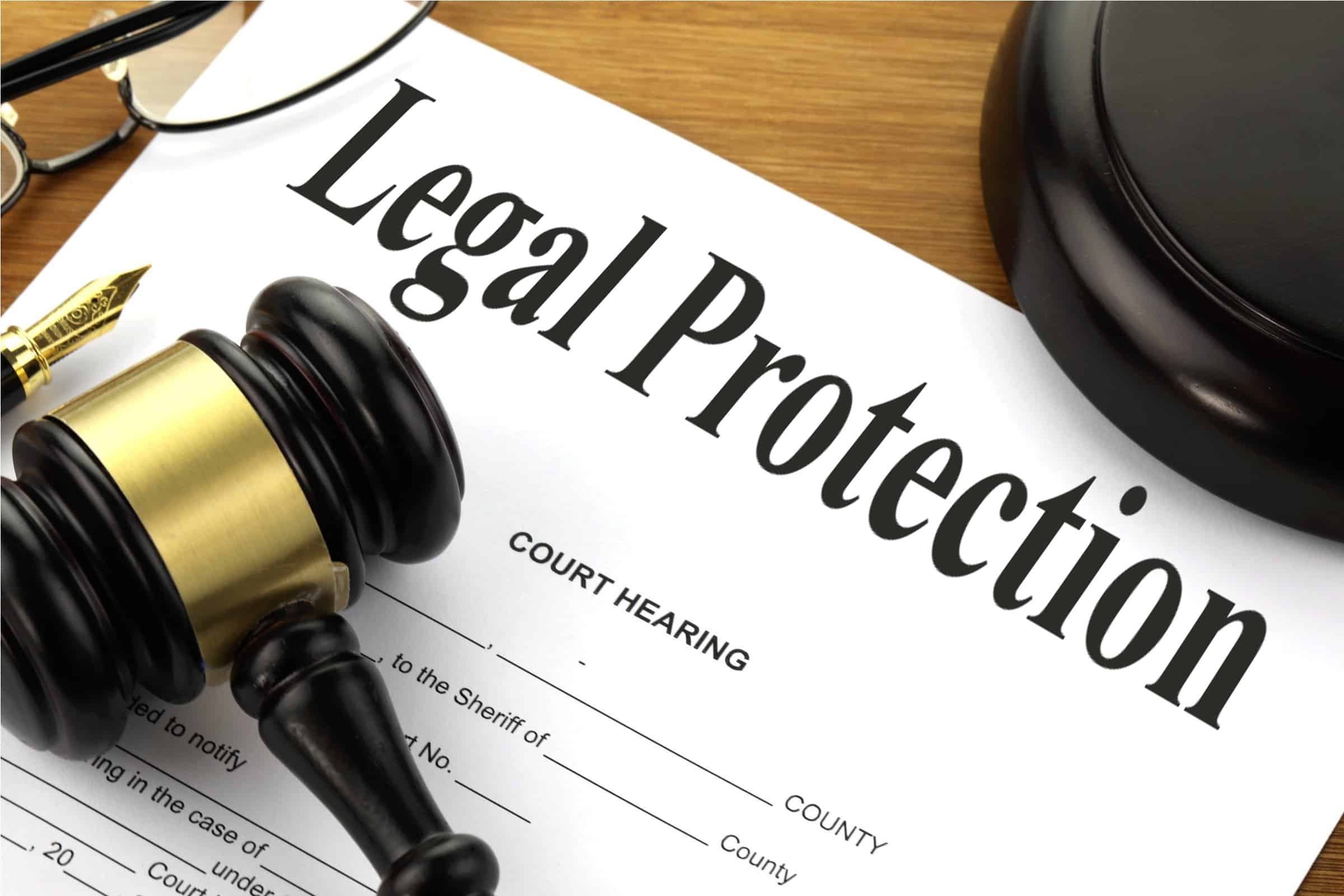Mistrials and double jeopardy both deal with the concept of trying an individual for the same offense more than once.
Double jeopardy means that a person cannot be prosecuted for the same offense more than once in the same jurisdiction.
The Fifth Amendment embodies the right against double jeopardy. However, in certain circumstances a person can be prosecuted for the same offense in different jurisdictions.
For example, if someone is accused of trafficking controlled substances into Pennsylvania from New York, they can be prosecuted and sentenced at the federal level in both Pennsylvania and New York. Double jeopardy would only protect them from being prosecuted twice in Pennsylvania (or twice in New York or federally).
This right against double jeopardy is bestowed upon a defendant as soon as trial begins.
A jury trial begins when the jury has been selected, while a bench trial starts when the judge directs parties to give opening statements.
Whenever a jury is chosen for a case, the defendant has a constitutional right to have their trial decided by those specific jurors. To select a new jury causes double jeopardy issues except in particular situations.
A mistrial is ordered when something happens which fundamentally affects the fairness of the case.
It is an order by the judge terminating the case after trial has started but before reaching a verdict. There are many reasons justifying a mistrial like a hung jury, rules of evidence disclosure violations, and jury tampering.
In Pennsylvania, either party can request a mistrial but each are limited to specific scenarios.
The defense can request a mistrial whenever something happens that influences the fairness of the trial. Examples include:
- Misconduct on behalf of the prosecution
- Improper conduct by jury members
- Unavailability of a critical witness
The prosecution can request a mistrial whenever misconduct is committed by the defense including:
- Presenting inadmissible or falsified evidence
- Improper contact with witness
The judge can also order a mistrial without request by either party when they believe the circumstances warrant one.
When a mistrial is based on a hung jury or by request of the defense, then the case can be brought in front of a new jury without violating double jeopardy.
To learn more pertaining to your specific needs, contact our experts.


